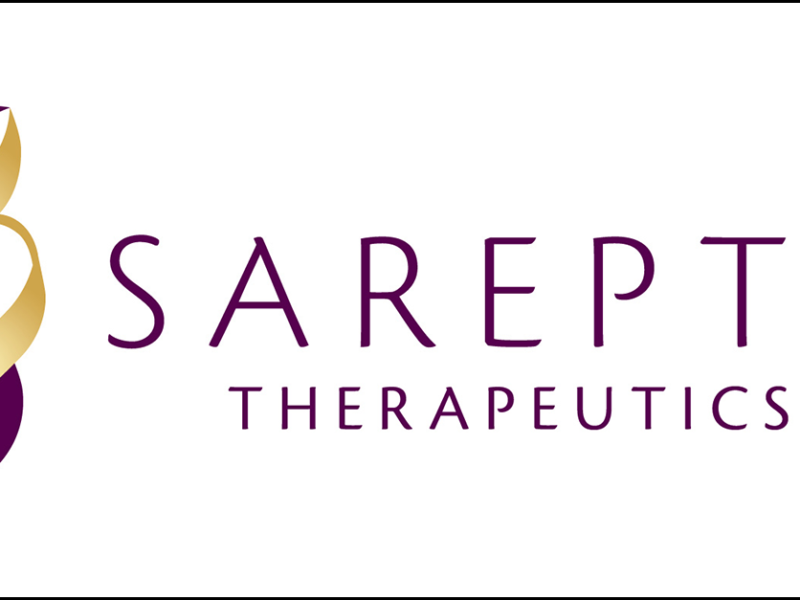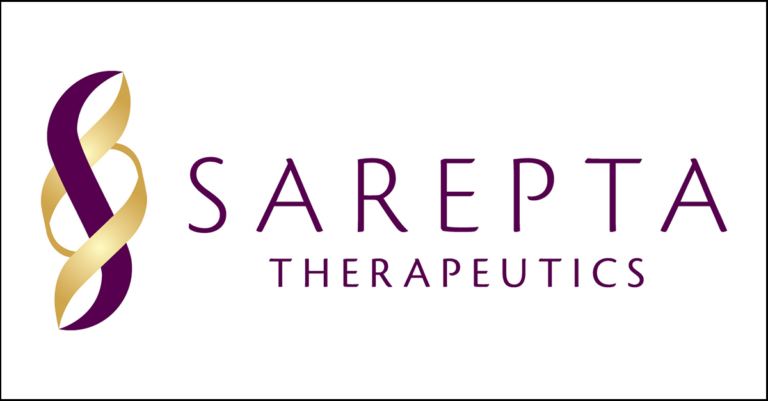Sarepta Therapeutics have announced the audited, quality-controlled data reflecting all results from Part 2 of their Study SRP-9001-102 (Study 102). This study is an ongoing, randomised, double-blind, placebo controlled clinical trial. Study 102 is evaluating the safety, efficacy and tolerability of a single dose of an investigational gene transfer therapy called SRP-9001.
There are 41 participants in this clinical trial, aged 4-7, with 21 in the placebo crossover cohort. This means that participants receive either real treatment or placebo for a time, then are switched to the opposite treatment. So, each person gets both the placebo and the treatment.
The primary endpoints of Study 102 are;
- Micro-dystrophin expression at 12 weeks
- Change in North Star Ambulatory Assessment (NSAA) total score at 48 weeks compared to placebo
The results of Study 102 Part 2 are;
- The placebo crossover group scored a statistically significant 2.0 points higher on the NSAA at 48 weeks compared to propensity-score weighted external controls (this is a technique used to account for differences between treatment and comparison groups).
- Mean NSAA scores from the Part 2 participants improved 1.3 points from baseline, for the SRP-9001 treated group and the NSAA scores in the external control group declined 0.7 points from baseline.
- The safety of Part 2 is consistent with Part 1.
“We are delighted to report positive results for Part 2 of our blinded, placebo-controlled Study 102 in Duchenne, where the 48-week functional benefits of SRP-9001 in patients dosed at cross-over were statistically significant when compared to pre-specified matched external controls. Furthermore, the safety profile of SRP-9001 remains consistent with the wealth of previous clinical data. Study 102, Part 2 results add to the totality of evidence for SRP-9001 generated thus far ‒ with promising results across multiple clinical trials and more than 80 patients dosed, encompassing a wide range of phenotypes as well as the oldest and heaviest Duchenne patients to be dosed with a full body AAV gene therapy infusion to date. We will continue to move as quickly as possible to bring SRP-9001 to patients in the United States and around the world.”
Doug Ingram, CEO Sarepta



 Demelza and Action Duchenne collaborative project: transition to adulthood fact-finding
Demelza and Action Duchenne collaborative project: transition to adulthood fact-finding
